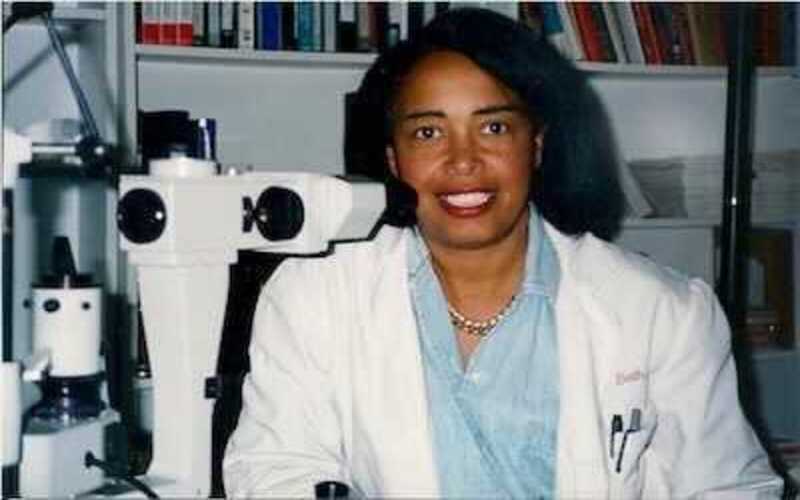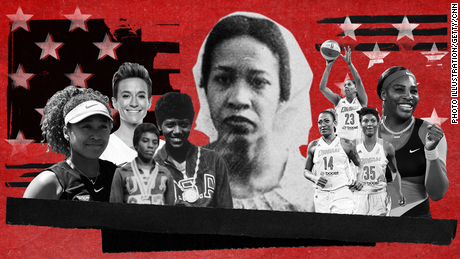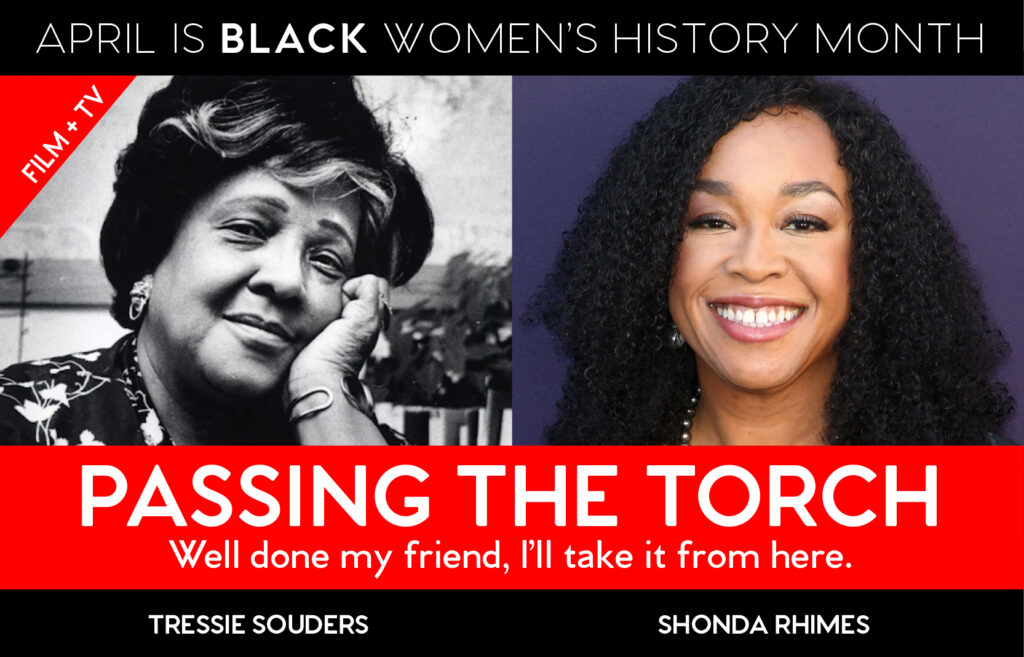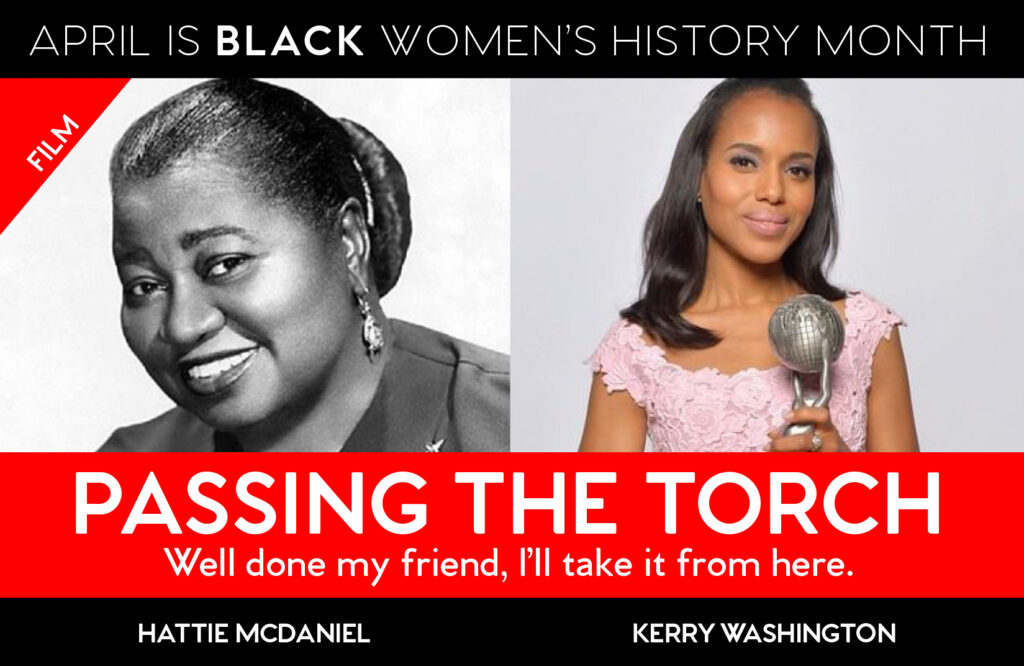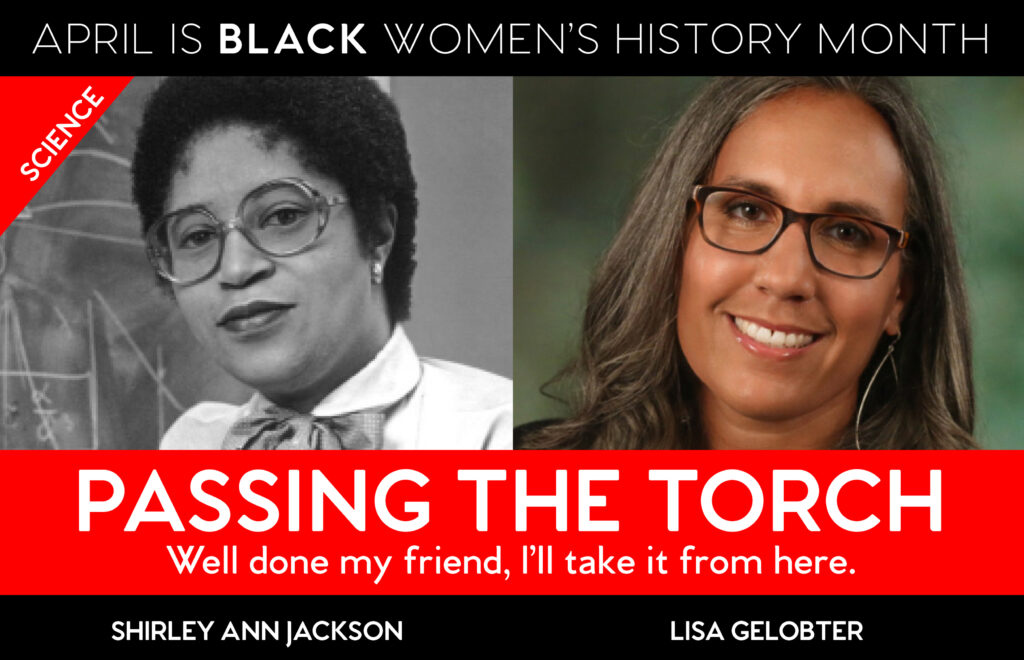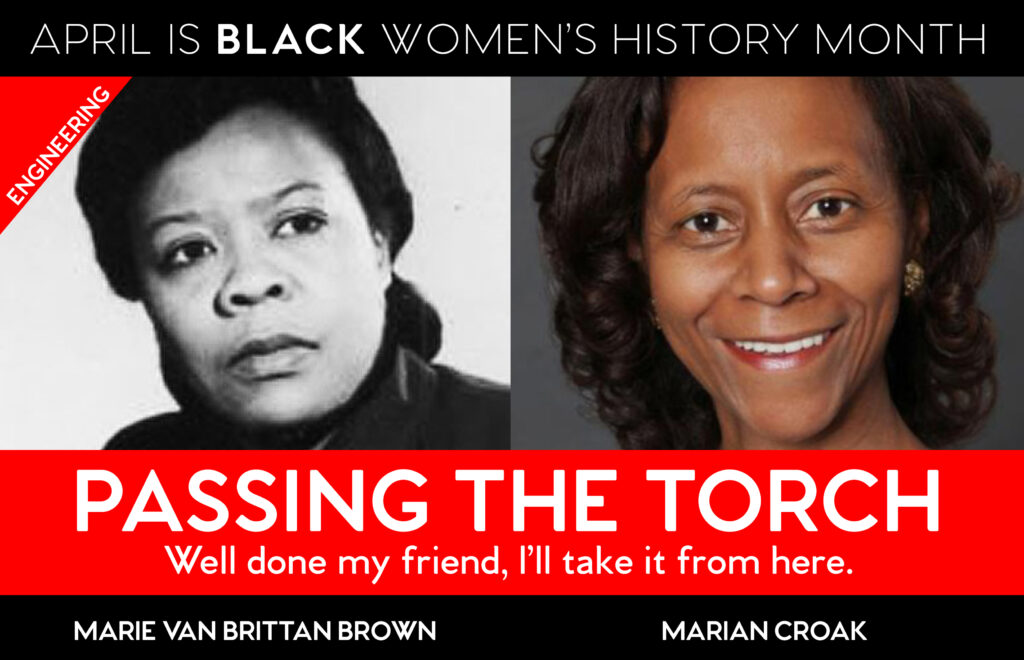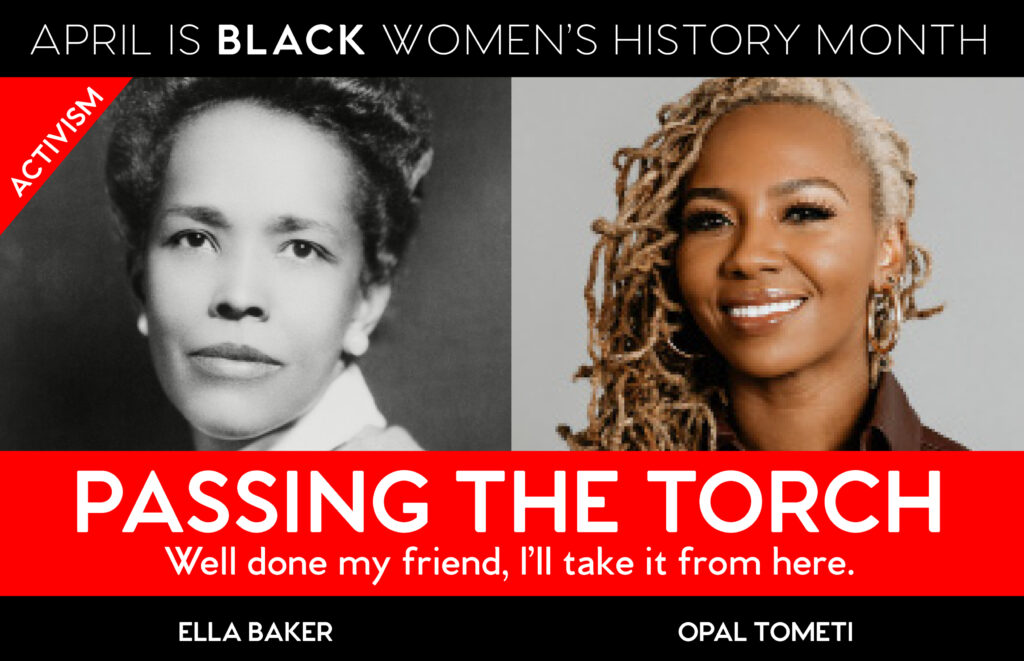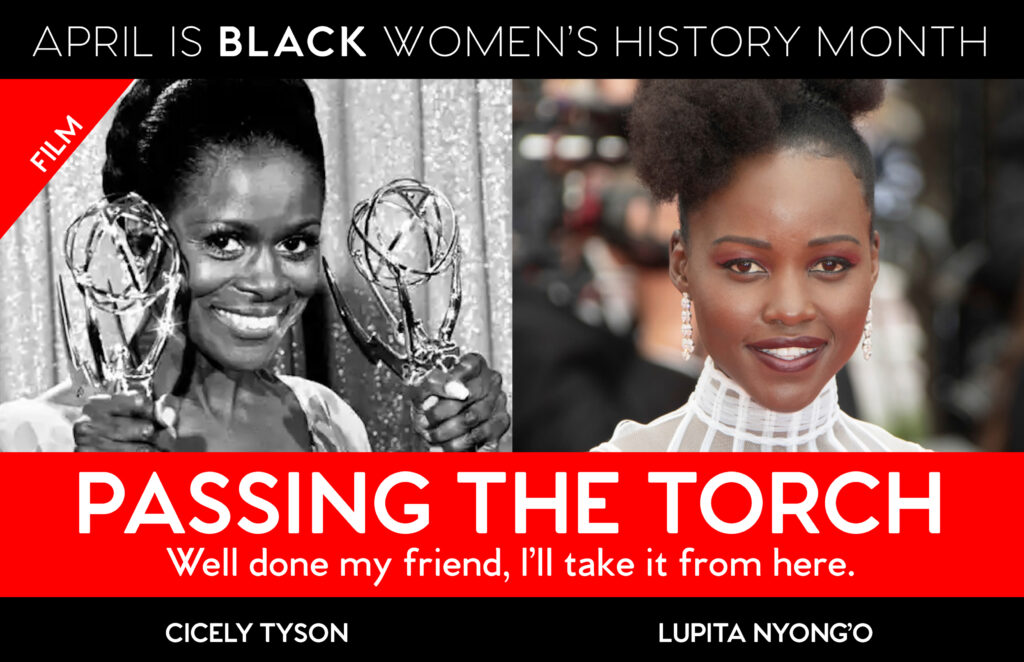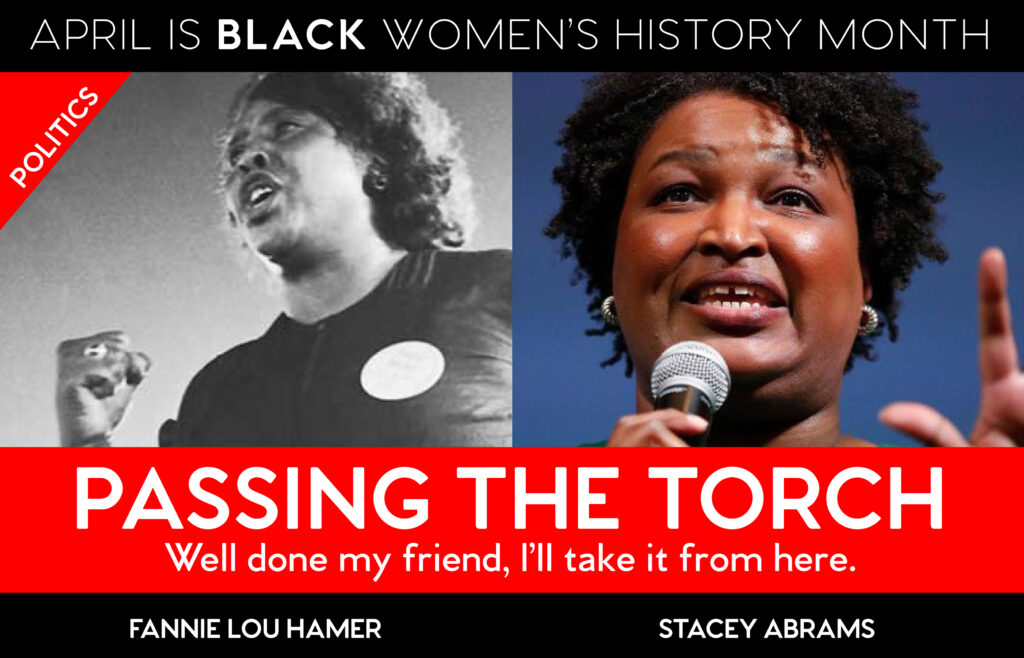Marian Croak and Patricia Bath Become the First Black Women to Be Inducted Into the National Inventors Hall of Fame
By Rashad Grove After almost 50 years of existence, the National Inventors Hall of Fame will be inducting Black women for the first time, NPR reports. Marian Croak, an engineer, and the late ophthalmologist and laser scientist Patricia Bath will make history as part of the inductees of 2021. In total, there are 30 Black inductees in the National Inventors Hall of Fame (NIHF). “Innovation drives the worldwide economy forward and improves our quality of life. This is especially apparent given what we have experienced over the past 18 months,” Michael Oister, the NIHF’s CEO, said in a statement. “It’s why at the National Inventors Hall of Fame

